Blood donation is life
Blood donation is an action of solidarity and humanity.
During a healthy person’s life, blood transfusion can be necessary only in rare occasions, such as surgery or serious haemorrhages, in order to reintegrate the lost blood.
For a patient, instead, blood transfusions are necessary to survive, and to live, as far as possible, a healthy life!
A person affected by thalassemia needs about 50 blood donation per year; if you think that between one donation and the next time it takes 90 days (which is 4 donations per year), by a roughly calculation, we can claim that each patient needs 12 donators.
However, donations are not always enough to supply the entire blood demand, thus worsening patients’ conditions even to death. In the last few years, Piedmont, the Italian region that was able to export part of the blood donated to needy regions such as Sardinia, has now registered a serious decrease in donations, and therefore promoted a sensitivity campaign.
Donation is not risky at all for health.
Blood, in fact, it’s renewable, and therefore it’s is possible to donate part of it without affecting body conditions.
In nature, females, live longer than males on average, despite the monthly loss of blood. Moreover, donators’ health conditions are periodically checked. Even women’ donation is possible without any side effect, in the order of no more than 2 donations per year, which goes up to 4 for men (one every 3 months).
Constant monitoring of haemoglobin, sideremia and iron-load level, checked prior to each donation, can assure health care of both male and female donators!
